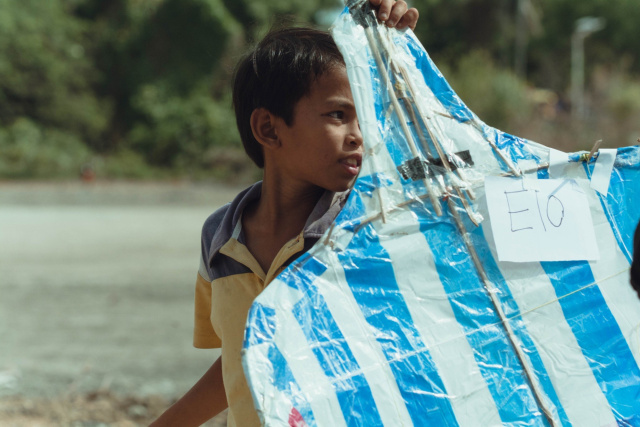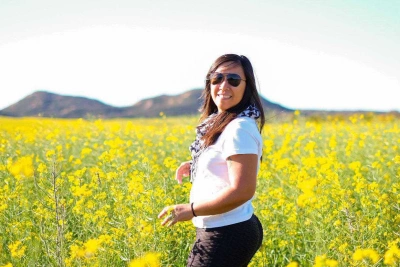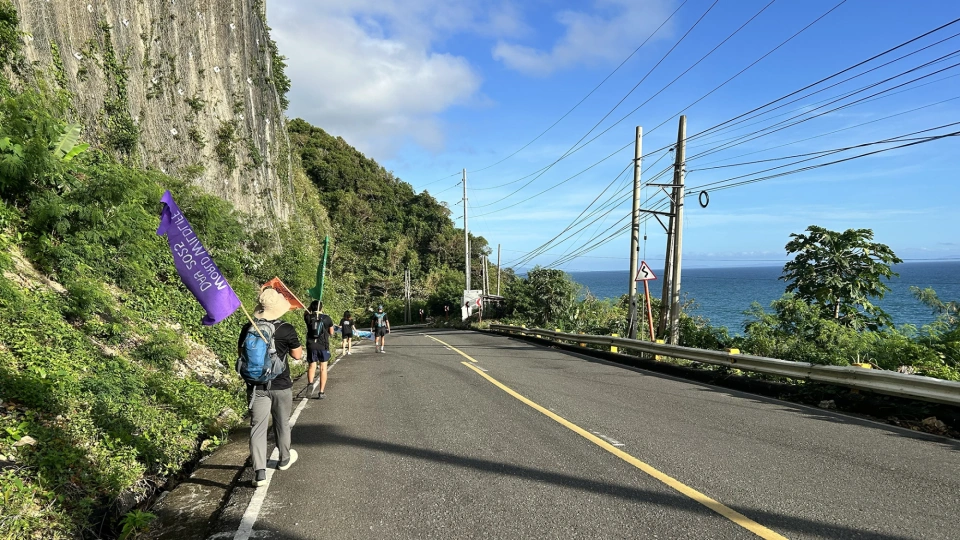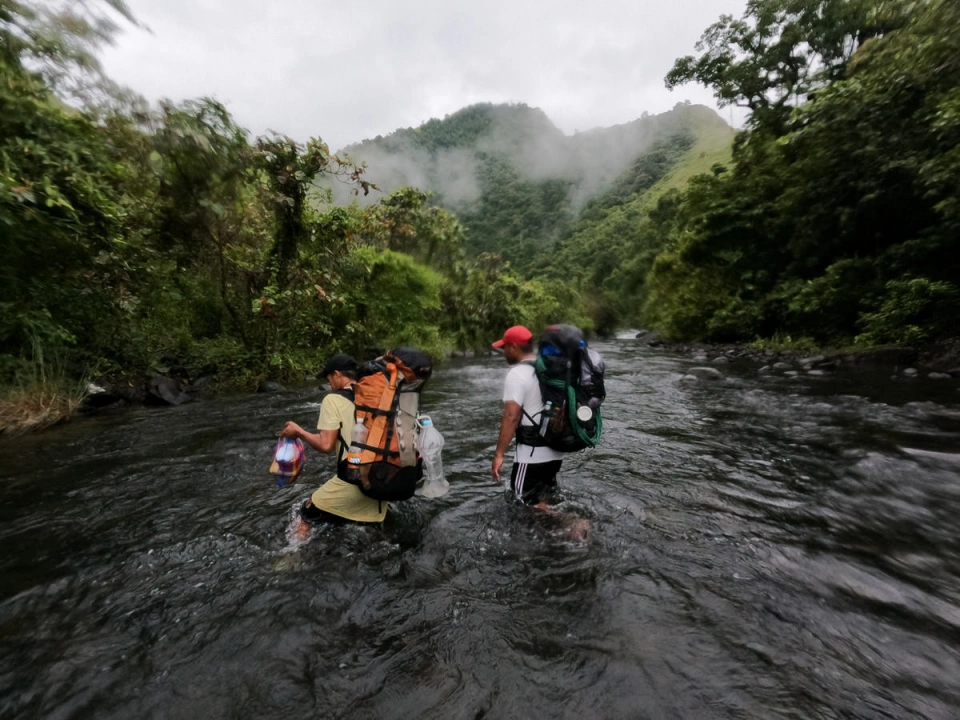Basuranggola: A Recycled Kite Festival
Organizing a sustainable festival in our throwaway world presents paradoxes that would challenge any dreamer. How do you celebrate conservation without creating waste? How do you gather hundreds of people while maintaining environmental integrity? The answer, we discovered, lies in radical reimagining. Every banner, every tent, every promotional material at Basuranggola is either reused, repurposed, or designed for endless reincarnation.
The real challenge isn't logistics—it's hearts and minds. Single-use plastic dependency runs deeper than convenience; it's woven into our daily rhythm. Yet, watching a father transform discarded shopping bags into a soaring phoenix, or seeing children giggle as their cereal-box butterfly catches the wind, something magical happens. Environmental education becomes visceral, personal, joyful.

This transformation couldn't happen without community. Basuranggola thrives because neighbors become collaborators, strangers become friends, and individual actions weave into collective impact. Local businesses donate materials, families contribute afternoons, and artists share skills—proving that sustainable events aren't burdens, but celebrations waiting to be discovered.
Our partnership with LuntianPH amplifies this vision beyond the festival grounds. Together, we're not just organizing events—we're nurturing dreams of an Iloilo City where plastic-free living isn't activism, but simply life. We imagine streets where single-use packaging feels as outdated as dial-up internet, where children inherit oceans teeming with life rather than polymer.
Standing beneath these recycled masterpieces, I see more than kites—I see possibility. Each single-use plastic transformed into art, every shopping bag given wings, represents our collective belief that waste is simply resources awaiting imagination. In Basuranggola's second year, we're not just flying kites—we're launching hope, one recycled dream at a time.
The festival ends, but the vision soars on—carried by community winds toward a future where magic lives not in what we discard, but in what we choose to create.

Riza Ornos
Organizing a sustainable festival in our throwaway world presents paradoxes that would challenge any dreamer. How do you celebrate conservation without creating waste? How do you gather hundreds of people while maintaining environmental integrity? The answer, we discovered, lies in radical reimagining. Every banner, every tent, every promotional material at Basuranggola is either reused, repurposed, or designed for endless reincarnation.
The real challenge isn't logistics—it's hearts and minds. Single-use plastic dependency runs deeper than convenience; it's woven into our daily rhythm. Yet, watching a father transform discarded shopping bags into a soaring phoenix, or seeing children giggle as their cereal-box butterfly catches the wind, something magical happens. Environmental education becomes visceral, personal, joyful.

This transformation couldn't happen without community. Basuranggola thrives because neighbors become collaborators, strangers become friends, and individual actions weave into collective impact. Local businesses donate materials, families contribute afternoons, and artists share skills—proving that sustainable events aren't burdens, but celebrations waiting to be discovered.
Our partnership with LuntianPH amplifies this vision beyond the festival grounds. Together, we're not just organizing events—we're nurturing dreams of an Iloilo City where plastic-free living isn't activism, but simply life. We imagine streets where single-use packaging feels as outdated as dial-up internet, where children inherit oceans teeming with life rather than polymer.
Standing beneath these recycled masterpieces, I see more than kites—I see possibility. Each single-use plastic transformed into art, every shopping bag given wings, represents our collective belief that waste is simply resources awaiting imagination. In Basuranggola's second year, we're not just flying kites—we're launching hope, one recycled dream at a time.
The festival ends, but the vision soars on—carried by community winds toward a future where magic lives not in what we discard, but in what we choose to create.
You might like...

Paene Insula: The Northwest Panay Peninsula Mountain Range

Walk for Wildlife: Circumnavigating the Northwest Panay Peninsula on Foot

Mount Baloy: The Toughest Hike in The Philippines

Embracing Ecotourism in Sibalom Natural Park
Newsletter
Sign up to keep in touch with articles, updates, events or news from Kuno, your platform for nature
